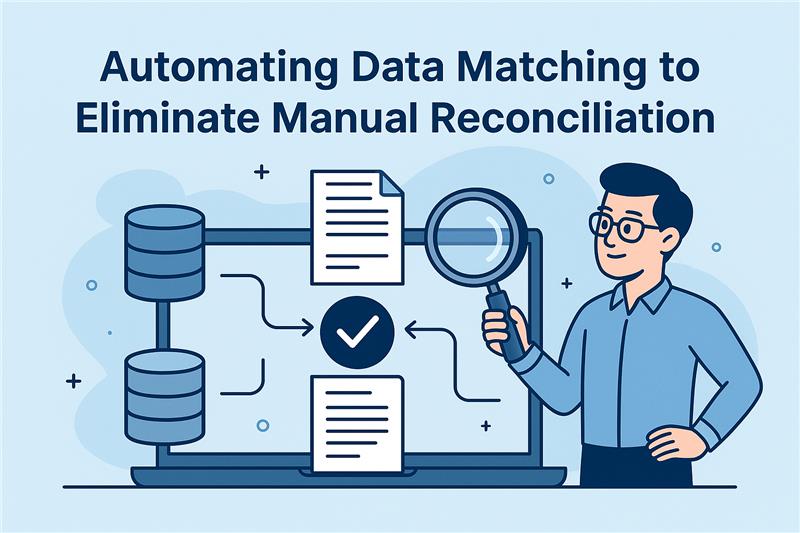Founded in 1969, this member-owned travel consortium supports over 210 independently owned agencies across the United States, with a strong presence in the Midwest. It offers marketing tools, training programs, and supplier partnerships to help agencies grow their businesses and enhance profitability. The organization emphasizes innovation and collaboration to meet the unique needs of its diverse member agencies.

Industry
Revenue (USD)
Head Count
Countries Of Operation

Diacto Technologies collaborated with a client facing challenges in reconciling supplier-reported company names with their master dataset. The manual process was time-consuming and prone to errors due to inconsistencies in naming conventions. By implementing an automated data matching pipeline, the task duration was reduced from multiple days to mere minutes.

Inconsistent Naming Conventions: Supplier reports contained variations in company names—differences in spelling, abbreviations, punctuation, and spacing—that hindered exact matches.
Manual Effort: The existing process required extensive manual review to match entries, leading to inefficiencies and potential inaccuracies.

Automated Matching Pipeline: Developed a multi-step logic to progressively match company names despite inconsistencies.
Exact Lowercase Match: Standardized text to lowercase to eliminate case sensitivity issues.
Punctuation Removal: Stripped punctuation to address formatting differences.
Whitespace Normalization: Removed extra spaces to ensure uniformity.
Progressive Matching: Implemented logic to match based on incremental word additions.
Fuzzy String Matching: Utilized algorithms like Levenshtein distance to identify closely related strings.

Time Efficiency: Reduced the data matching process from several days to approximately 5–10 minutes.
Improved Accuracy: Enhanced matching precision by addressing common data inconsistencies.
Scalability: Established a robust framework adaptable to various datasets and future requirements.
This case study underscores the significance of automating data reconciliation processes to enhance efficiency and accuracy in data management tasks.